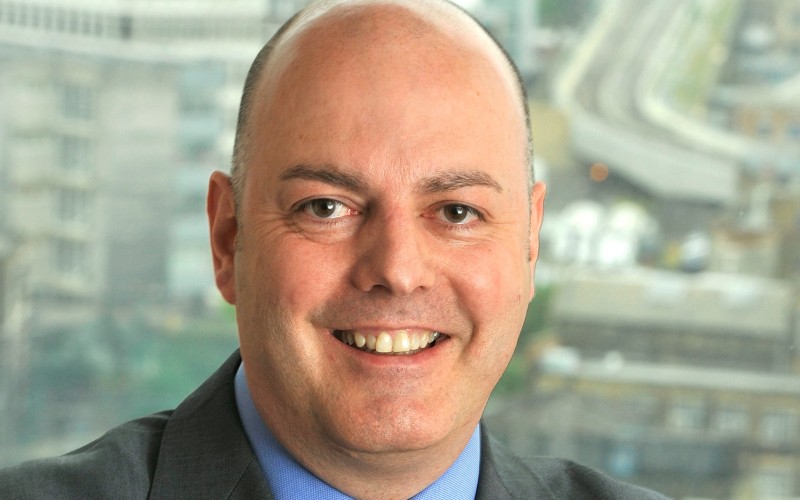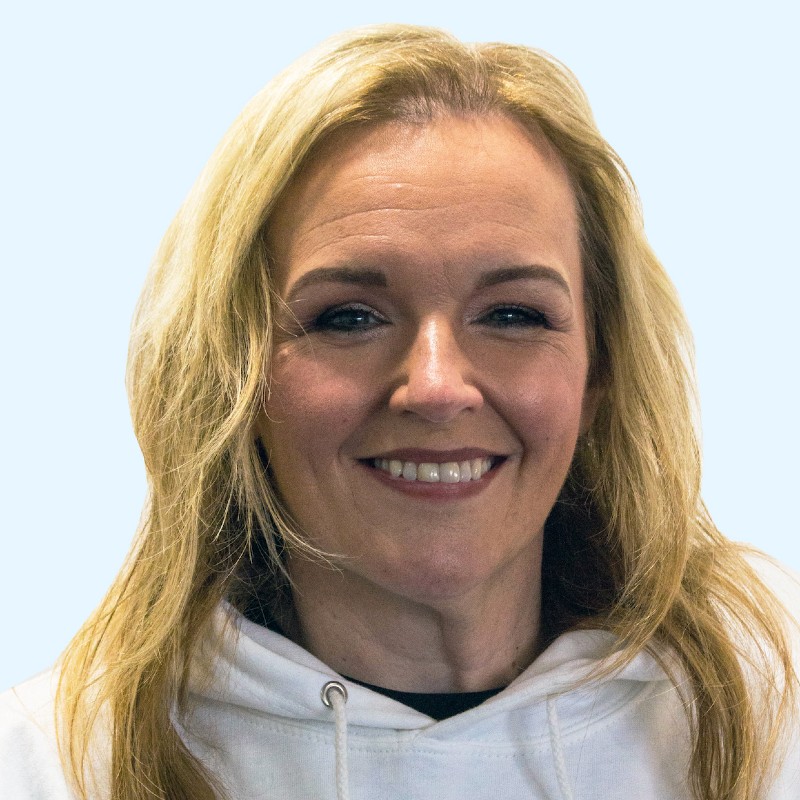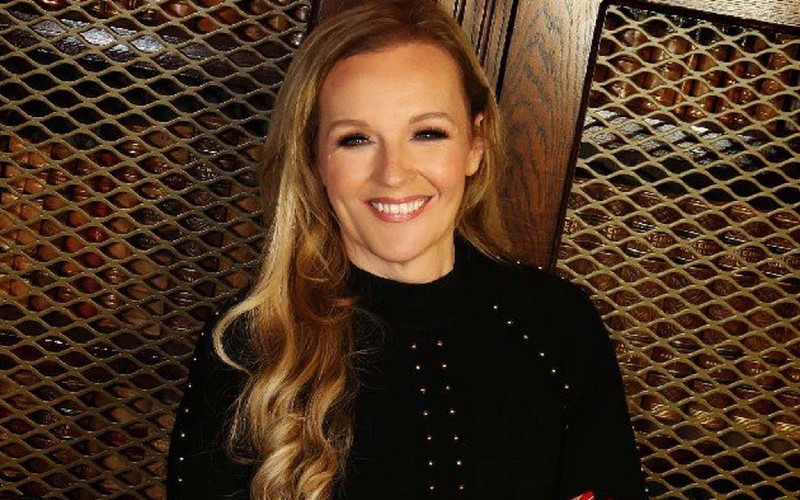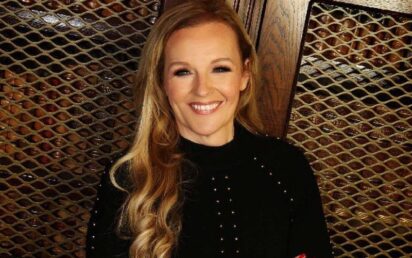Lynne Darcey Quigley has 25 years of experience in the payments industry, having founded professional debt recovery firm Darcey Quigley & Co.
Two years ago the MD identified an opportunity to digitalise the process of credit control – in effect helping SMEs to credit check companies before agreeing to carry out work for them – and Know-it was born.
After two years of development, the cloud-based platform was approaching launch. But the unexpected hiring of a seasoned bank executive saw her pivot the focus of the startup almost immediately.
“I was speaking to Gordon Merrylees about RBS assisting us… and ironically he was about to take his redundancy. I offered him a job and he came to work with us,” she tells TechBlast of her now chief commercial officer. “It was fantastic because he’s in the commercial banking world and we’re not: we’re outsiders.
“When he came, the pivot we had to make was really obvious. We were aiming for two million app users by getting SMEs on board… but you had to work really hard to get one acquisition. Earning one customer that way is the same journey as winning a commercial customer [such as a bank or FinTech partner].
“We will still have our SME acquisition and the free trial of our platform, but if we can get a bank on board then they can either white-label or value-add on to their apps – and get us a bigger audience.”

Merrylees (above) is a former managing director of entrepreneurship at NatWest, Royal Bank of Scotland and Ulster Bank, and brings 36 years of experience to the table. Know-it is now in talks with several big banks and other leading players in the financial industry.
“I can’t stress enough how critical it is to get the right team: a great development team, a great CCO, a great CMO. Always hire your weakness,” Darcey Quigley advises. “I’ve always done that in my business career, despite making some horrendous hiring mistakes.
“I know what my skillset is, and I know what I can’t do. It’s a bit of a cliche, but it can’t be truer.”
Based in Glasgow, Know-it streamlines the credit control process so businesses can credit check, monitor, chase for payment and collect overdue unpaid invoices from one place. Darcey Quigley was inspired to launch the platform after witnessing the impact of late payments – and unpaid invoices – on small businesses. It is estimated that 50,000 SMEs fold every year as a direct result of unpaid invoices impacting cash flow.
She puts the overdue figure owed to UK businesses at more than £50 billion. “Many of our customers didn’t really know who their customers were: they supplied a service and expected to be paid – only to find when they asked for payment there was a major problem, such as the client facing liquidation,” she explains.
Darcey Quigley is aiming to “level the playing field and give the SME a little bit of power back” with the platform, which costs £19.99 a month. “Medium and large businesses would use Experian, do a credit check application form, pull references; but small businesses typically don’t behave like that as they don’t have the resource or time. They’re often very driven to just get the deal and the work done,” she says.
“With Know-it you know all about your customers; their credit journey; any changes that occur; and you can chase them. And if all else fails, you have a debt recovery partner at the back end of the process you can use and trust.
“There’s a taboo around chasing money. But it can wipe out your business.”
The credit reports and monitoring info is collected via APIs from reliable sources such as Graydon, Companies House and The Gazette. The platform links into accounting packages QuickBooks and FreeAgent, with Sage and Xero to follow.
“The skills I’ve picked up over the last 25 years – of course they’re going to benefit me!” she says when I ask her to compare running Darcey Quigley & Co with a fresh FinTech. “Yet the hard thing was [that my existing company is] a very traditional business… going into the FinTech community I had to learn all over again.
“We had to embed ourselves in the FinTech community. And we began to understand that because we weren’t a traditional business, we could be run differently – we could cut a lot of corners and get there quicker and faster and slicker. That has been a massive learning curve for me.”

For example, the startup is already plotting a move into the Australia and New Zealand markets in the next two years, a feat likely never even considered for the debt recovery business.
“Another good thing about technology is you can just stop, get your heads together and figure out how you’re doing something – and whether it’s the right thing,” she says.
“The problem doesn’t change: getting SMEs paid on time. It’s just: how do you get there quicker and get your product out to the masses?
“You don’t have any boundaries – just endless opportunities. As long as you’re ambitious, you’re hardworking and diligent, and you’ve got the right contacts – and the right team – you can take it wherever you want.”
So are SME businesses ready for the open banking revolution? “No, I don’t think they really know much about it, which is unfortunate,” Darcey Quigley confesses. “But I think they will over the next couple of years.
“I like open banking but I’m from a digital world so it’s easy for me… 49% SMEs are still doing manual invoicing via an Excel spreadsheet. There’s no lies with our platform: it’s true and clear, and it will allow a business to make a really good informed decision.
“We need to start where the pain is: we need to get them converted. The SME needs to be opened up to digitalisation.”


